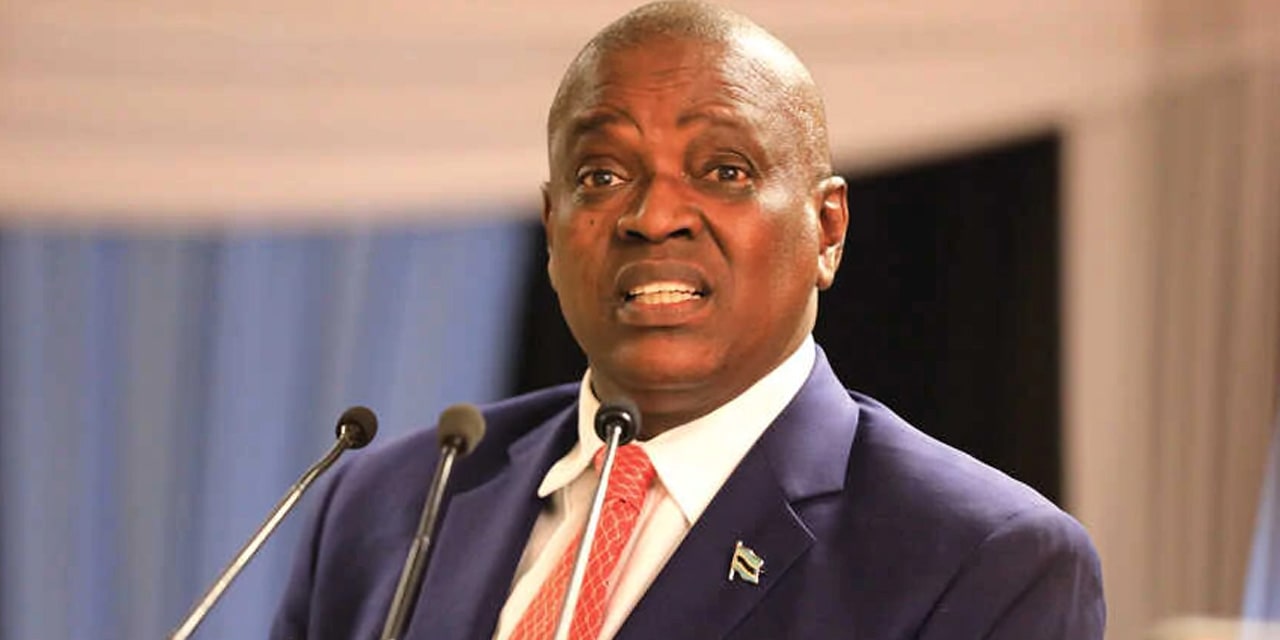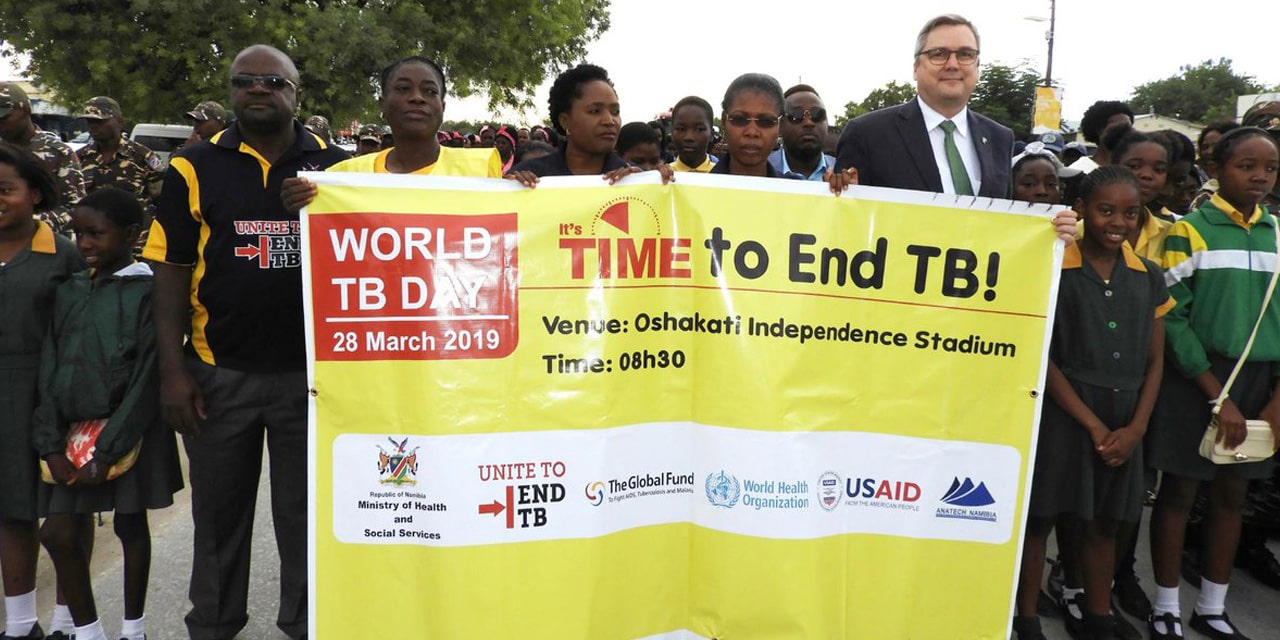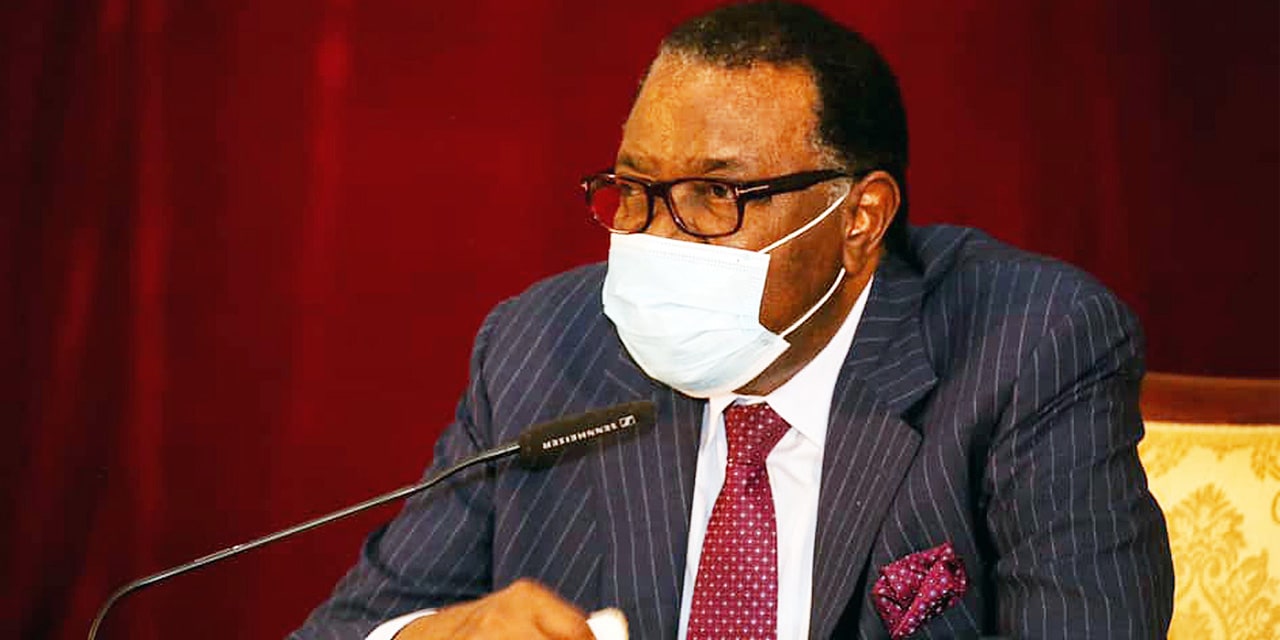18
Nov
Clifton Movirongo A Permanent Secretary from the Republic of Botswana, Andrew Sesinyi, revealed on Monday that Botswana President Mokgweetsi Masisi will dispatch a high level Cabinet Team to the border areas between Namibia and Botswana on Tuesday 17 November. The team according to Sesinyi will keep the Botswana communities in the areas abreast of the recent developments following the fatal shooting of the four unarmed Namibian fishermen that took place along the Chobe River near Kasane on 5 November. Sesinyi said the ministerial mission is to further enhance the spirit of good neighbourliness nurtured by the “excellent bilateral relations subsisting…





